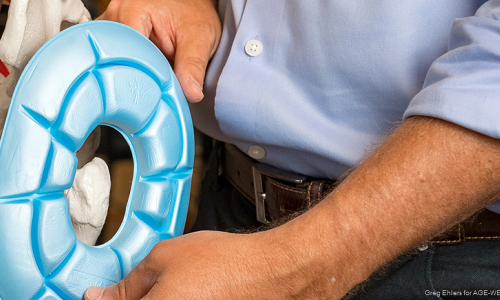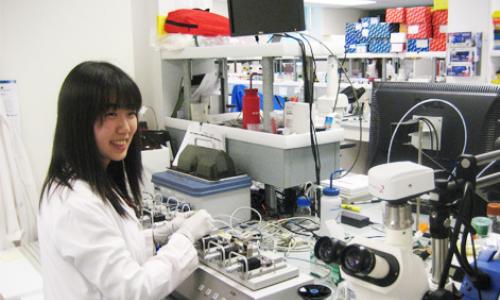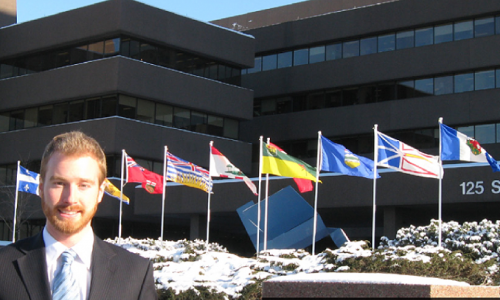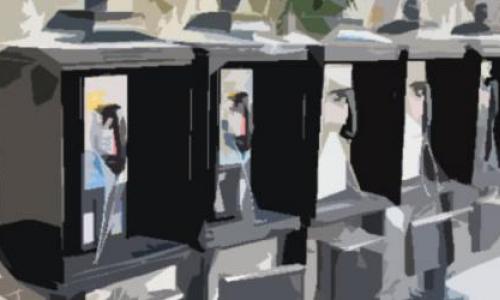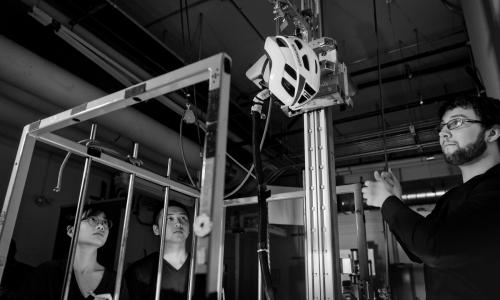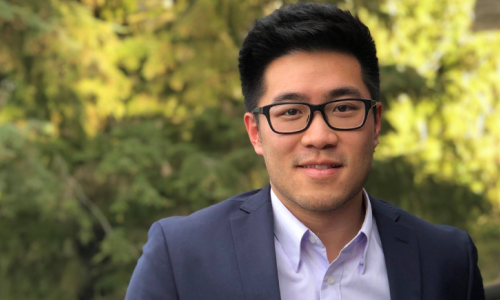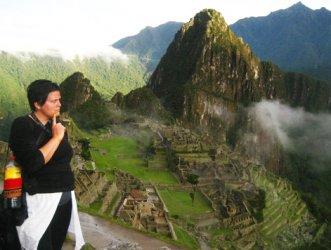
Autumn Mochinski participated in a funded international placement with the PAHO/ WHO to prepare an assessment of social determinants and health and Tuberculosis in Lima, Peru.
What is the program that you participated in? How did you hear about the program?
The program is AUCC (Association of Universities and Colleges of Canada)-Students for Development, through the Canadian International Development Agency. This program is available for both undergraduate and graduate students. I heard about the program through an e-mail from the university.
I studied in the Master's of Public Health Program, under the Global Health Stream.
What was the application process like? How difficult was it to obtain your placement position?
It was really simple. You just have to find a developing country partner, decide on a project, and dates for that project to take place.
I was fortunate enough to use my previous international connections to set up my placement in Peru. I had completed an internship in Jamaica for three months, and my supervisor here at SFU in the Faculty of Health Sciences was able to set it up for me.
How long were you living abroad? Did you travel in and around Peru before, during or after your placement?
Four months. I spent two weeks at the end of the trip travelling to Titicaca, Machu Picchu, and Cuzco.
How did you fund/finance your experience?
My experience was funded through my CIDA-AUCC Scholarship. The scholarship covered all costs (including living expenses).
Tell us about your main duties and research.
I helped to develop an assessment plan for a hyper endemic community In Lima. The disease was Tuberculosis. I helped develop a survey, analysis plan, how to administer the survey, as well as research social determinants and health and how they relate to Tuberculosis.
Who did you work with on a daily basis?
I worked with PAHO/WHO officials, consultants who were hired to assist me, officials in the Ministry of Health (Peru), community members and community representatives.
What was your living situation like?
I had a one bedroom apartment. I found it through the Living in Peru website. I went to art classes, visited parks, and did some sightseeing nearby.
How has this experience added to your overall academic experience?
I have made connections in the ministry of health and through working I was able to get an idea for my grad paper and made connections to support doing it. My grad paper is on proposing changes to Tuberculosis treatment protocol to take more social determinants of health into consideration to increase adherence to treatment in hyper endemic communities, using Peru as a case study.
What advice would you give to students looking to work or research abroad?
Be open, be patient. Talk to people to find out about the options out there. Talk to profs to find out what opportunities are available to students - you learn the most from talking to people, because sometimes online systems aren't set up to allow people to see all opportunities.
How did you record your memories and experiences?
I took lots of pictures and kept a blog. I also used Skype a lot to connect with family and friends back home.
What was your favourite part about living abroad and this experience?
I always like getting to know the culture. I took pottery classes in Peru and now I am taking pottery classes in Canada. I am also speaking Spanish almost every day and have friends on Facebook, who I speak Spanish with. There are new things (pottery and the Spanish language) that are now a big part of my life.
What is next for you?
I will spend some time in Argentina following my master's degree, this summer. After that, if medical school doesn't pan out, I will spend some down-time in Argentina, continuing to practice my Spanish.
Anything else that you would like to highlight?
Be conscious of safety when travelling. Do your research about new places - you will get pick pocketed; females do have things they need to be aware of - take the heckling in stride.
On Language: People aren't as open and you don't get the same response when you speak English. Knowing the right situation to use which language is important. Living and working in a second language makes everything harder for you - it is possible to learn a new language, but not easy!
Beyond the Blog
-
Visit the International Co-op and SFU International websites to see how International Travel can benefit you.









